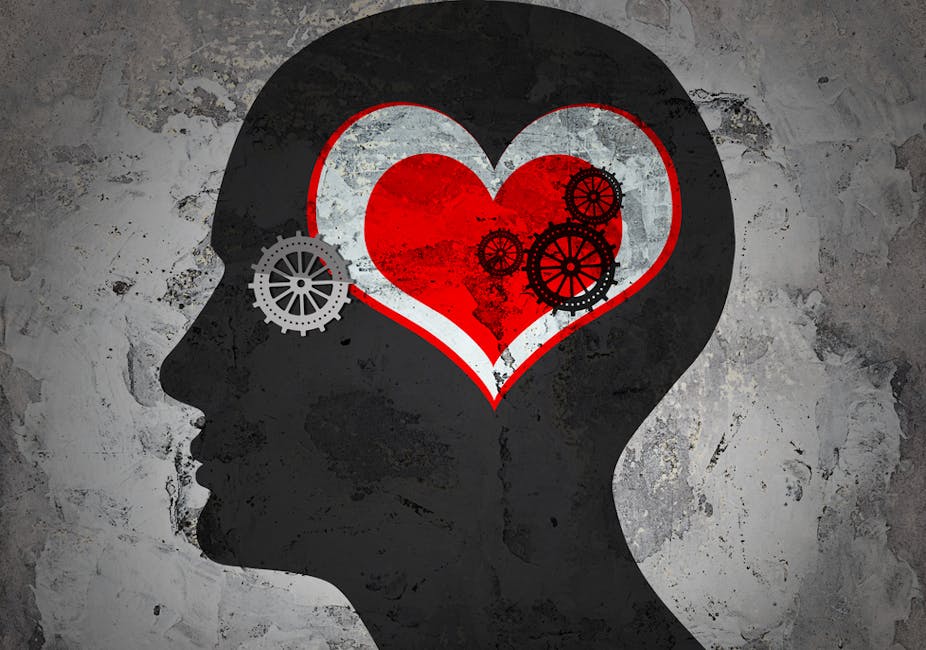The death of hundreds of NHS patients in two English hospitals in Mid Staffordshire in the 2000s led to the Francis report of 2013 which found that poor care was endemic in the region. The report made 290 recommendations covering everything from culture change to improved audit. This has driven much of the thinking around how standards in healthcare in the UK should improve.
The report put much emphasis on how student nurses should be recruited in future, recommending that nurse education programmes should recruit people who “demonstrate possession of the values, attitudes and behaviours appropriate for the profession”. As a result, English programmes now recruit student nurses based on their values using a toolkit developed by Health Education England.
Yet there is little evidence underpinning the approach or its impact. Scotland has also spent a lot of time and money in recent years looking at this issue, but no uniform approach has emerged yet north of the border.
In short, we are still not very sure about what “raw ingredients” nursing schools should be looking for in applicants to identify the ones that will develop into the best nurses. To help provide an answer, we have been studying how the performance of student nurses is affected by their level of emotional intelligence – in other words their ability to understand and express their emotions and their awareness of the emotions of patients and colleagues. We also looked at the effect of past care experience, since this was another quality seen as important in the Francis recommendations.
We studied nearly 900 nursing students in two large nursing programmes in Scottish universities – Edinburgh Napier and the University of the West of Scotland. We measured their emotional intelligence at the beginning of their first year in nursing training in 2013 and took note of their experience working in care. Then at the beginning of the students’ second year and again in the final semester of their third year, we measured their performance and re-measured their emotional intelligence. We have just published the results from the first half of the study, namely how these variables affected the students’ performance during their first year.

Trait or state?
Students’ emotional-intelligence scores appeared not to make any difference to their performance on the course, yet changes in their scores over their first year made a difference as to whether they continued or not. Students exhibiting the largest drop in scores were more likely to leave the course than those exhibiting a modest drop. There was a small but statistically significant drop in emotional intelligence across the cohort over the year.
This might mean that measuring for emotional intelligence might be useful at identifying and supporting students whose scores have fallen most sharply. It is widely known that the empathy of student medics and nurses drops when they are exposed to patients. It seems that their emotional intelligence does too.
You might be surprised to read that emotional intelligence is something that can change. In fact, some scholars see it as a fixed personality attribute while others see it as a set of behaviours and attitudes that can be learned – “trait versus state”, as it sometimes described.
The true nature of emotional intelligence matters greatly in our context. If it is a trait, it could be important for recruitment purposes. If it more like an ability, it could be developed and nurtured through nurse education. For this reason we measured for both possibilities – the trait questionnaire asks more about your personality while the state questionnaire is more to do with how you perceive the world. When we measured all the students’ emotional-intelligence scores at the beginning of their second year to see if any changes had occurred, we found changes in both these measures. That somewhat challenges the idea of emotional intelligence as a fixed attribute.
As for previous caring experience, more than half of our group had some sort of relevant experience prior to becoming a student nurse. Surprisingly, perhaps, we found that those who had past experience tended to perform more poorly in the course in their first year.
Where next
It should be said that these findings can – and should – be criticised. For one thing, previous caring experience may not have the same negative effect in future years. It could be comparable to an experienced driver having to relearn how to drive in order to pass a formal driving test. Ultimately once they have shaken off all their bad habits, they may become a better driver. We are in the process of testing this. In a similar way, we are waiting to see whether the students’ future performance scores continue on the same trajectory as they become more experienced. This could affect the relationship with either of the variables we have been testing.
We also had to use a broad measure of performance which included both clinical and academic performance as the two were integrated in how they were taught and assessed. Colleagues have argued that this focuses on academic outcomes and doesn’t necessarily measure clinical performance, the key element under scrutiny by Francis. We would argue they are inseparable, since academic knowledge supports good clinical decision-making and caring by nurses. All the same, we would have measured purely clinical performance if it were possible.

We are currently at the stage of completing our final data collection and will be able to more fully answer our questions following analysis of the three years of data. We also want to see how previous caring experience and emotional intelligence relate to the students’ future success, so we hope to continue following our cohort for another three years.
For the time being though, we would not recommend using either emotional intelligence or previous caring experience as criteria for recruiting student nurses.

